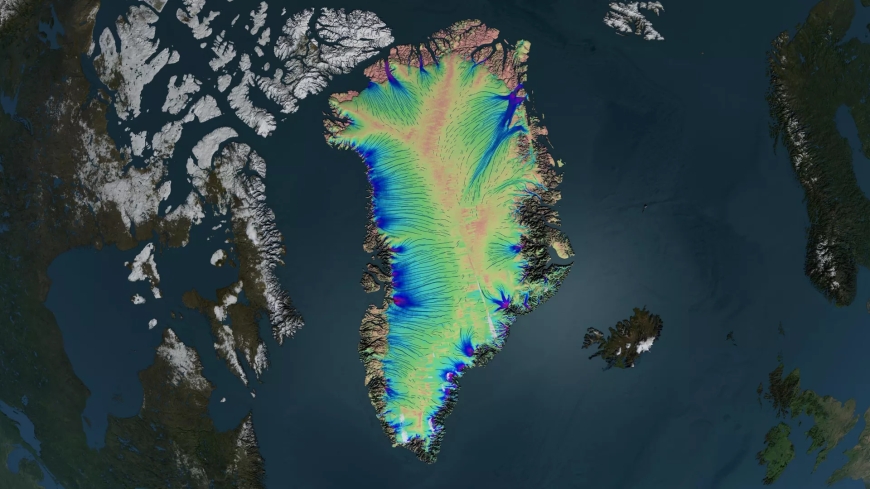Greenland’s Path to Sovereignty: Five Options on the Table
Greenland's sovereignty debate has taken center stage as a high-ranking lawmaker outlines potential paths for the island's future. Pro-independence Siumut Party member Kuno Fencker revealed that an upcoming referendum could present Greenlanders with five options, reflecting a spectrum of possibilities for their relationship with Denmark and other global powers.

A high-ranking lawmaker has outlined potential paths for the island's future, bringing the sovereignty debate in Greenland to the forefront. An imminent referendum could provide Greenlanders with five options, reflecting a continuum of possibilities for their relationship with Denmark and other global powers, according to Kuno Fencker, a member of the Siumut Party who is pro-independence.
History of Tensions Despite being a formal part of Denmark since the early 18th century, Greenland's contemporary political relationship with Copenhagen has been characterized by tensions. Fencker asserts that Denmark "de facto annexed Greenland in 1951" and suppressed the recognition of its Inuit population within European institutions. Greenland's drive for increased autonomy has been fuelled by this history, which has culminated in the potential referendum. According to reports, the following five alternatives are currently being assessed: Upholding the current state of affairs. Creating a new commonwealth status with Denmark.
Pursuing an unfettered association with Denmark. Investigating the possibility of a free association with the United States. A dual free association agreement with the United States and Denmark. Economic Reality and Geopolitical Factors Fencker is realistic about the challenges, despite acknowledging Greenland's aspirations for sovereignty. He emphasized that Greenland aspires to become a sovereign state that can effectively collaborate with global partners, stating, "We can't be fully independent." He cited Denmark's current subsidies, which provide funding for essential services such as education and healthcare, as both a source of support and a source of disagreement.
The U.S. is also a significant player in the geopolitical landscape of Greenland, as its Pituffik Space Base (formerly Thule Air Base) serves as a representation of American strategic interests in the Arctic. Fencker proposed that a sovereign Greenland would negotiate payments for any foreign military presence on its soil, utilizing its location and natural resources in international agreements. Increasing Support for Independence U.S. President-elect Donald Trump's remarks regarding the island's acquisition have reignited the discourse regarding Greenland's future. Despite being disregarded by both Nuuk and Copenhagen, these statements have reignited the discourse on self-determination.
Fencker criticized Denmark for employing financial leverage to discourage Greenland from pursuing independence. He likened Denmark's strategies to economic coercion, drawing a comparison to Trump's tariff threats. Fencker stated, "They intimidate us by threatening to withdraw subsidies whenever we request independence." Polling data suggests that, despite the fact that up to two-thirds of Greenlanders are in favor of independence, a significant number of them are apprehensive about the economic trade-offs, as the island's living standards are considerably lower than those of Denmark. Greenland experiences a life expectancy that is nearly eight years shorter than that of Denmark, as well as higher unemployment and destitution rates. Prospective The issue of sovereignty is anticipated to dominate the political agenda as Greenland prepares for parliamentary elections in April.
Fencker underscored that isolation is not equivalent to independence. He declared, "We are not for sale, but we are fully prepared to engage in business and negotiations on equal terms." He also emphasized the importance of external self-determination as an unalienable right. The outcome of the referendum has the potential to significantly alter the future of Greenland by reconciling its aspirations for autonomy with the economic and geopolitical realities of the contemporary world. Greenland is prepared to assert its presence on the global stage, whether through a partnership with the United States, a closer relationship with Denmark, or a distinctive arrangement.













































